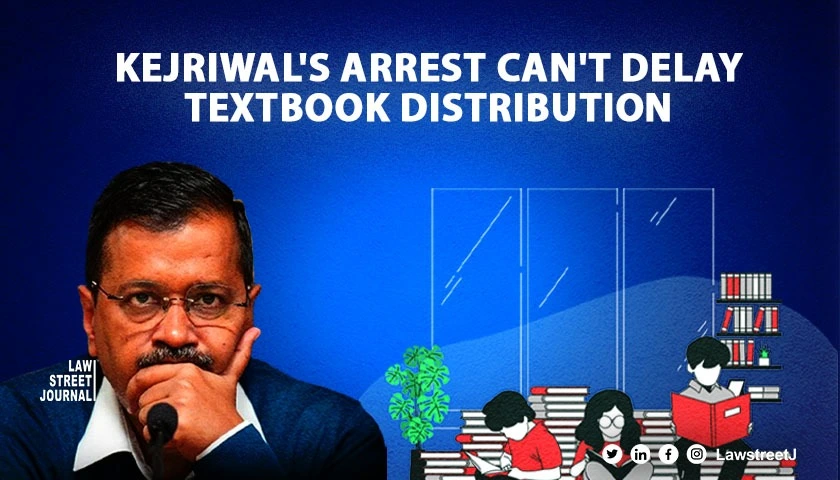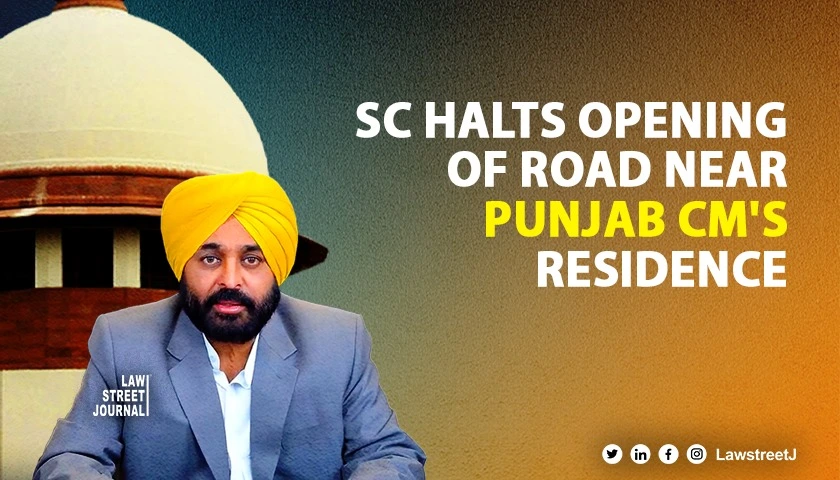The Union Cabinet on Monday, 1st June 2020, affirmed a credit scheme for road merchants, as confirmed by Union Minister Prakash Javadekar at a media gathering.
Under the program, road peddlers can take credits up to Rs 1,00,00 through the Prime Minister Street Vendors Atma Nirbhar Nidhi plot, clarified Union Minister Nitin Gadkari.
Gadkari further stated that the plan would incorporate road and trail merchants and the sum taken could be returned in one year. There is no correctional arrangement in the plan, he said.
Moreover, among the significant choices taken in the gathering, the Union Cabinet affirmed an expansion in least help costs (MSP) of 14 Kharif crops. The expanded MSP will guarantee a value which will be 50 percent to 83 percent more than the expense of creation, Mr.Javadekar said while preparing journalists.
The MSP for paddy has been fixed at Rs 1,868, jowar at Rs 2,620, while bajra at Rs 2,150.
The bureau has likewise given its gesture to change the meaning of MSMEs. Two lakh MSMEs will profit by the change, said Mr.Javadekar.
In the upgrade bundle reported by Finance Minister Nirmala Sitharaman a month ago, she had proposed changes in the meaning of MSMEs.
While the administration raised as far as possible for 'medium ventures' to Rs 250 crore, firms with Rs 1 crore speculation and Rs 5 crore turnover would be remembered for miniaturized scale endeavors. Those with a venture of not as much as Rs 10 crore and turnover of not as much as Rs 50 crore will quality as little endeavors.
The primary target of the plan is to give a motivating force to part-loaning establishments (MLIs) like banks, money related organizations (FIs) and non-banking budgetary organizations (NBFCs) to build access to, and empower accessibility of extra subsidizing office to MSME borrowers, taking into account the monetary trouble brought about by the COVID-19 emergency, by giving them a hundred percent ensure for any misfortunes endured by them due to non-reimbursement of the GECL financing by borrowers.
In the press preparation, the Union Minister for Information and Broadcasting, Prakash Javadekar said that the legislature perceives the significance of MSMEs which are the foundation of India's economy. The pastor said that the legislature has detailed the guide for executing the measures for the MSME division, as reported in the Atmanirbhar Bharat bundle.
These measures will improve the simplicity of working together, pull in speculation, and make employment, said the pastor. Joining the question and answer session, Nitin Gadkari, serve for street transport, interstates, and MSMEs said that 60 million MSMEs contribute 29% to India's GDP, 48% of all-out fares, and create 110 million occupations and these choices will help fortify the Indian economy.
Giving subtleties of the value plot, Gadkari expounded this depended on the proposal of the U K Sinha Committee (on troubled stores and extraordinary reserve of assets for MSMEs).
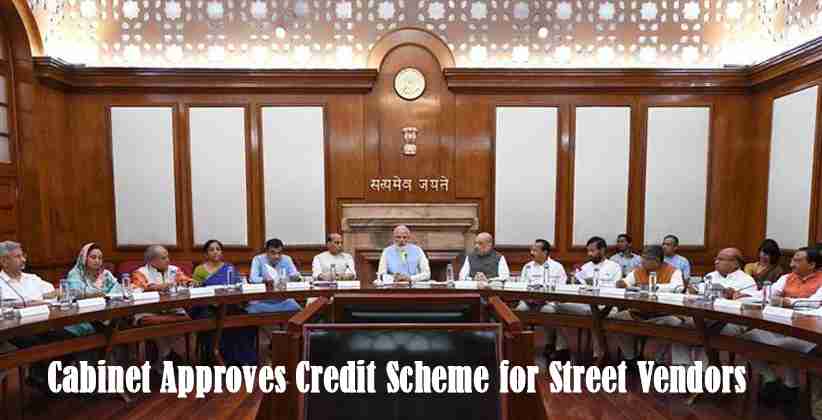
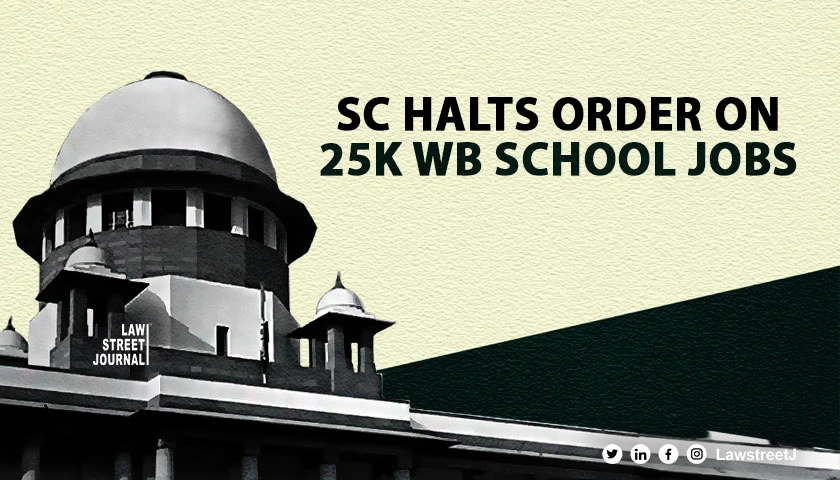

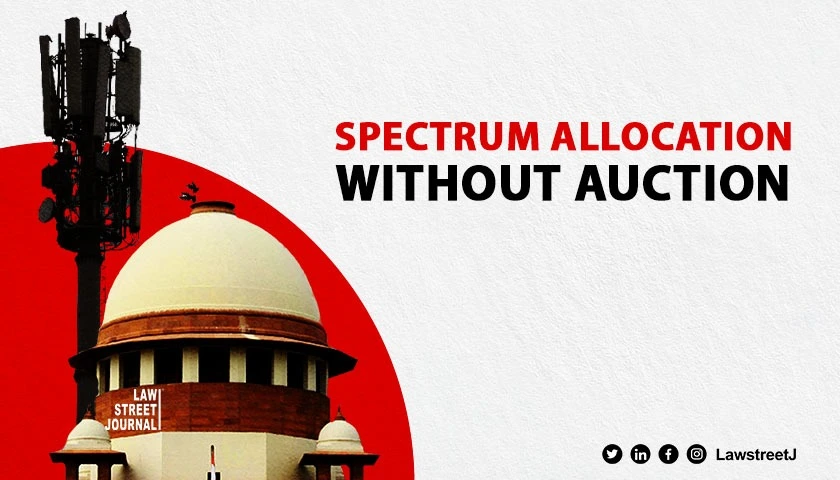
.webp)
